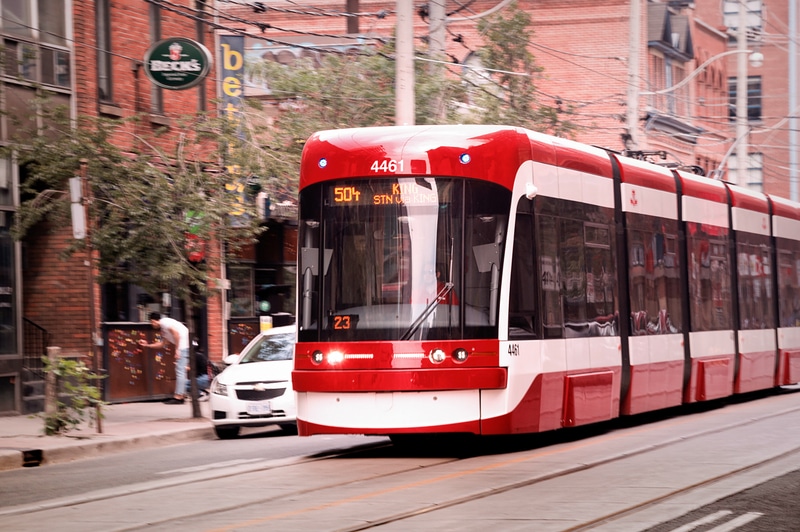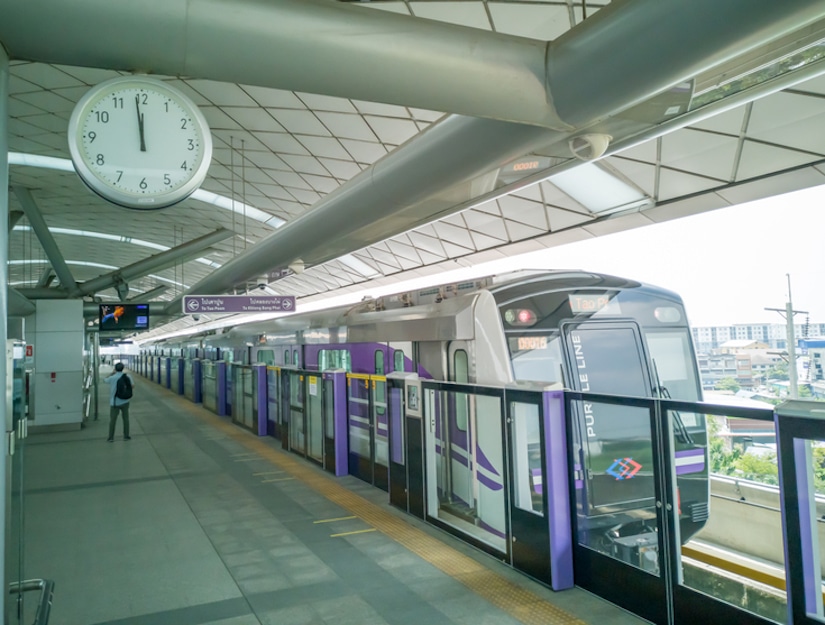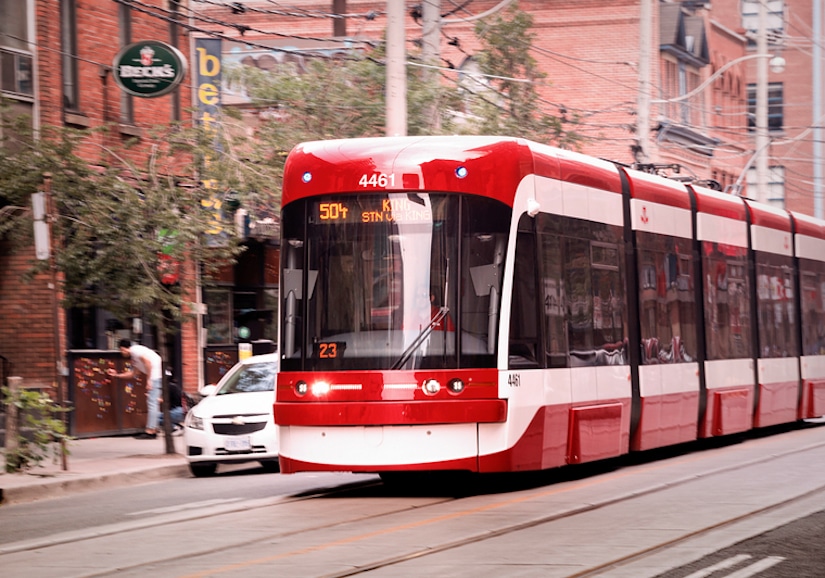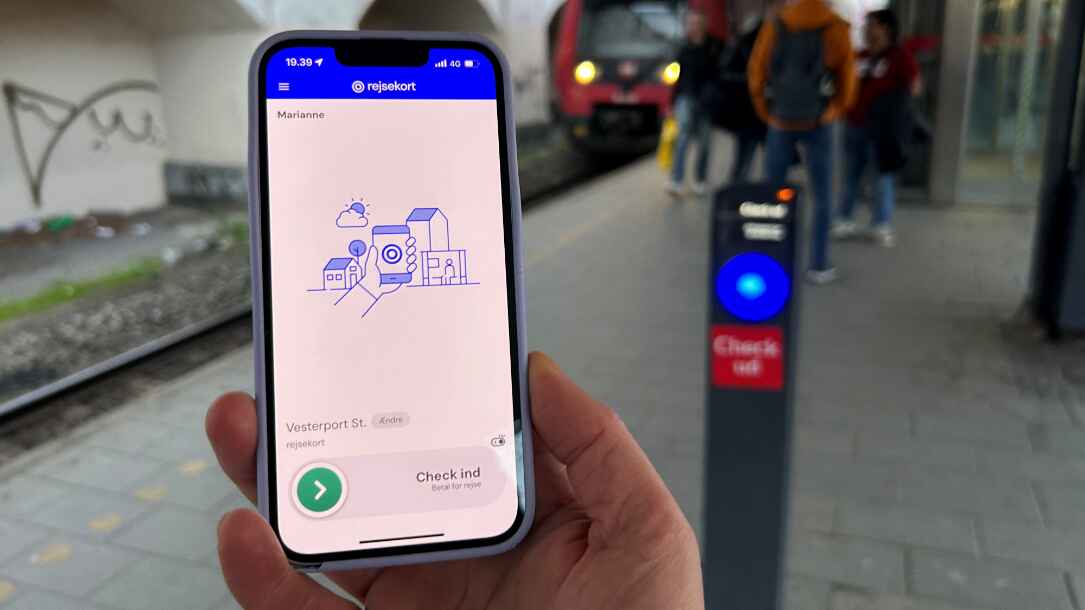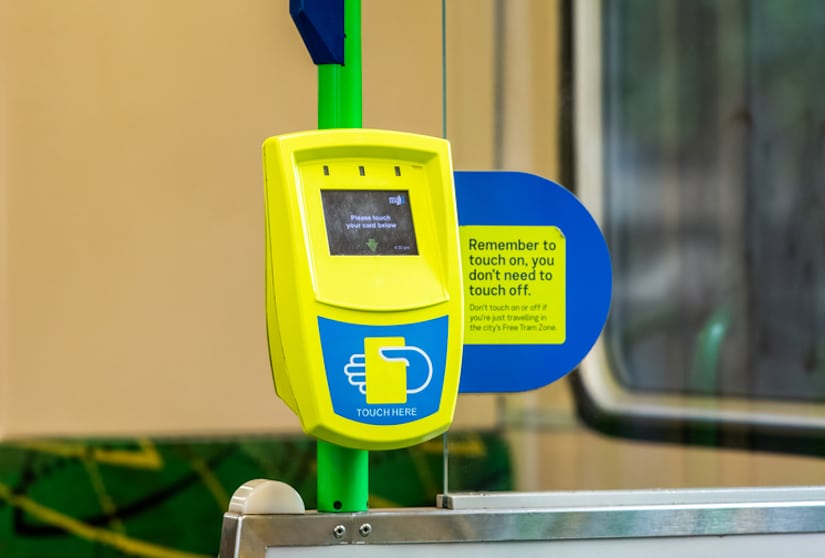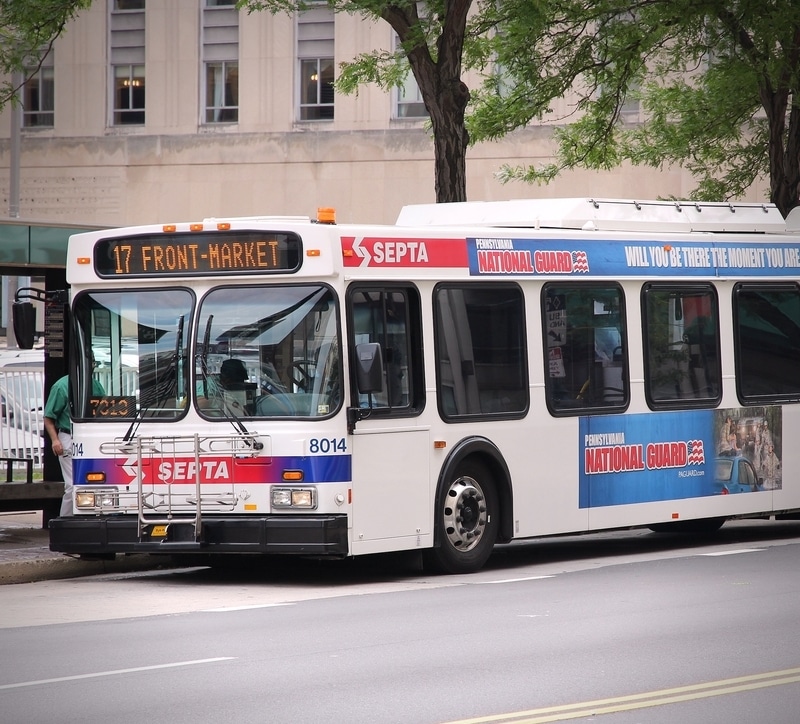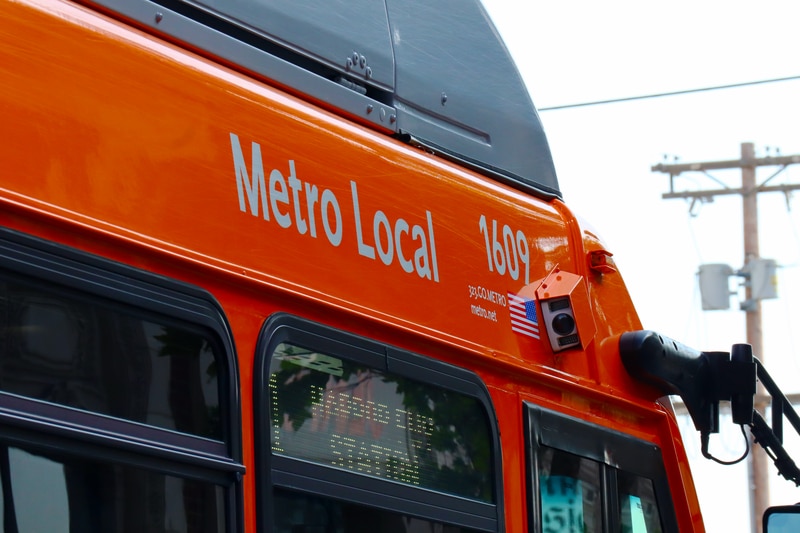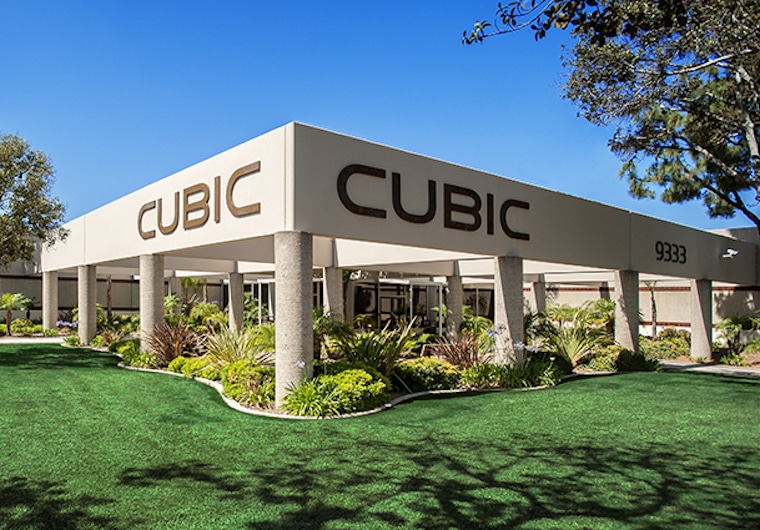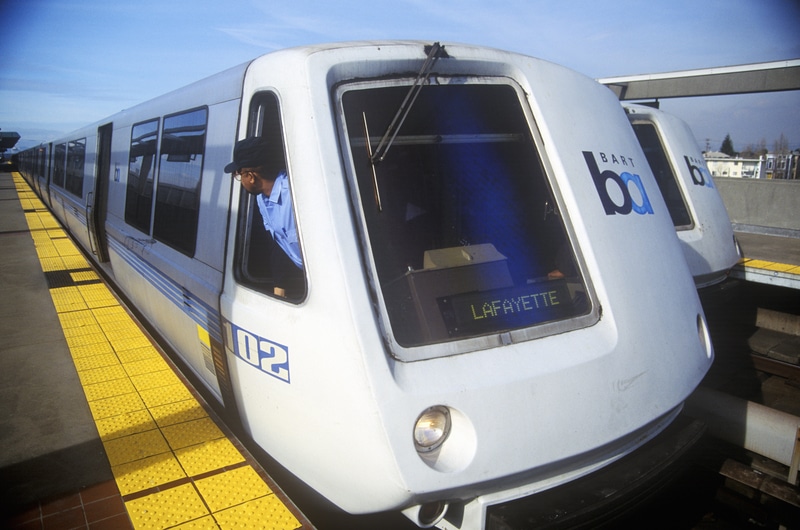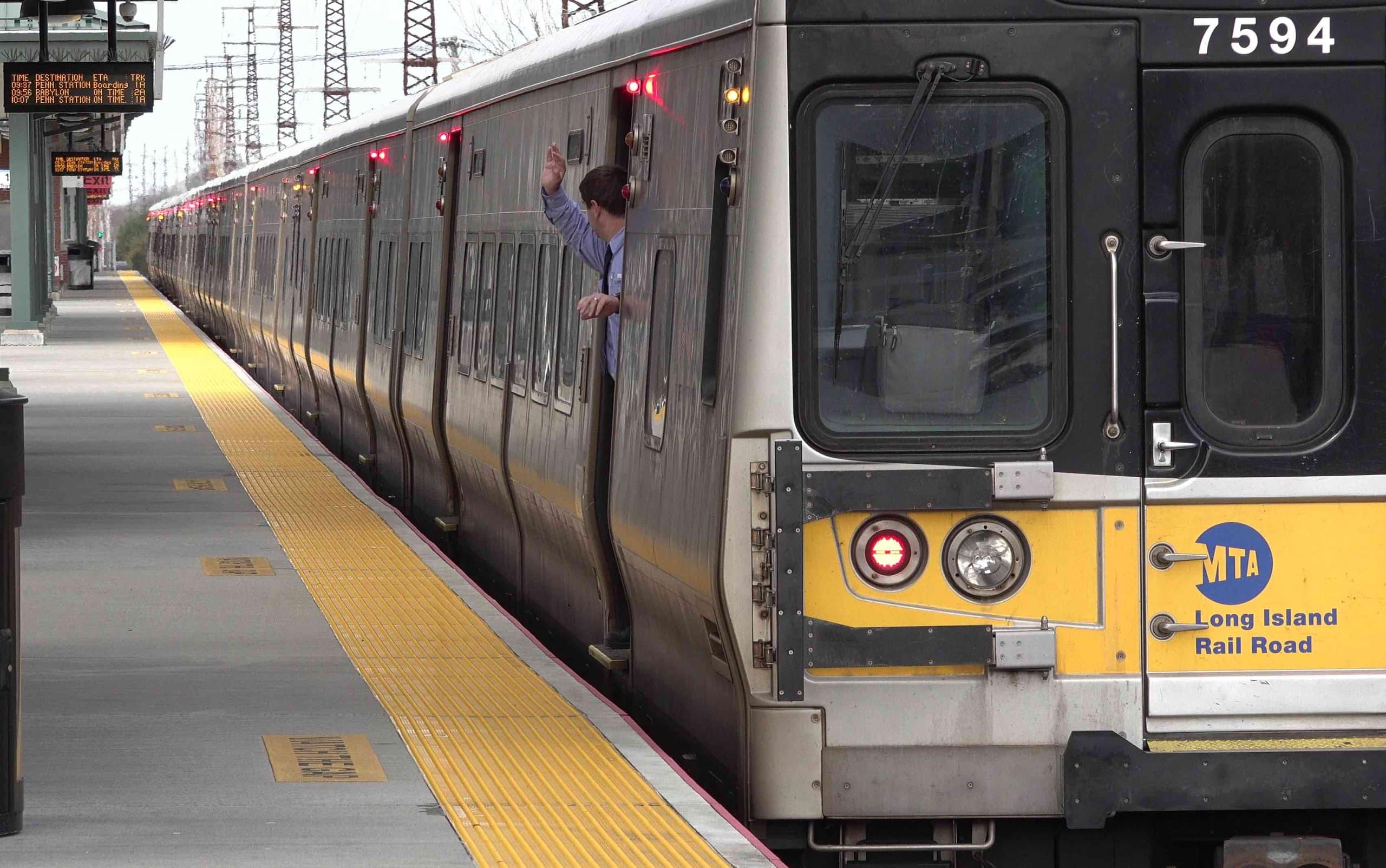
Article Highlights
Montréal-area transit operator STL this month officially launched its open-loop payments service–one of the few in Canada and the largest project outside of Vancouver. Along with TransLink in Vancouver, the two transit agencies now want to enable Interac debit. Interac is believed to be paying for the upgrades for at least one of the agencies.
The cost to enable more than 5,000 Compass terminals to accept Interac debit would cost about CA$2.1 million (US$1.7 million), which includes purchase of the VSAMs and recertification of the terminals, including for end-to-end compliance with EMV specifications. That doesn’t include a yearly licensing fee starting at just under CA$60,000.
• STL (Laval, Québec)
• TransLink (Vancouver)
• Cubic
• Planeta Informática
• STM (Montréal)
Montréal-area transit operator STL this month officially launched its open-loop payments service–one of the few in Canada and the largest project outside of Vancouver.







